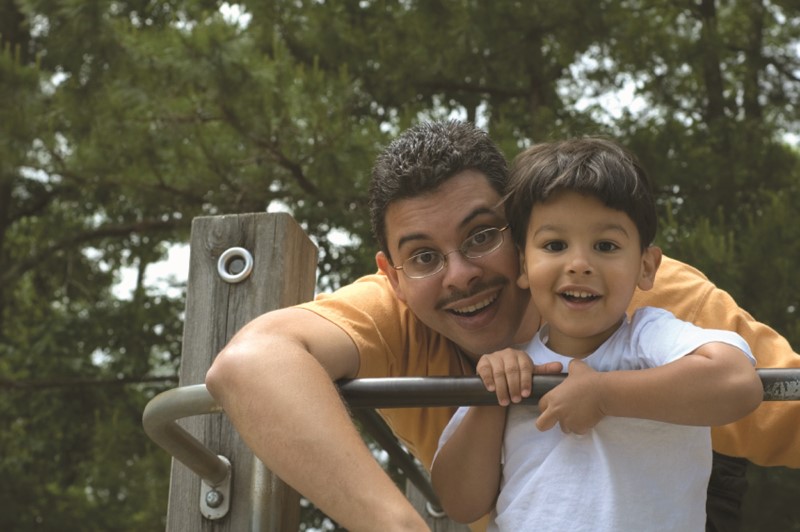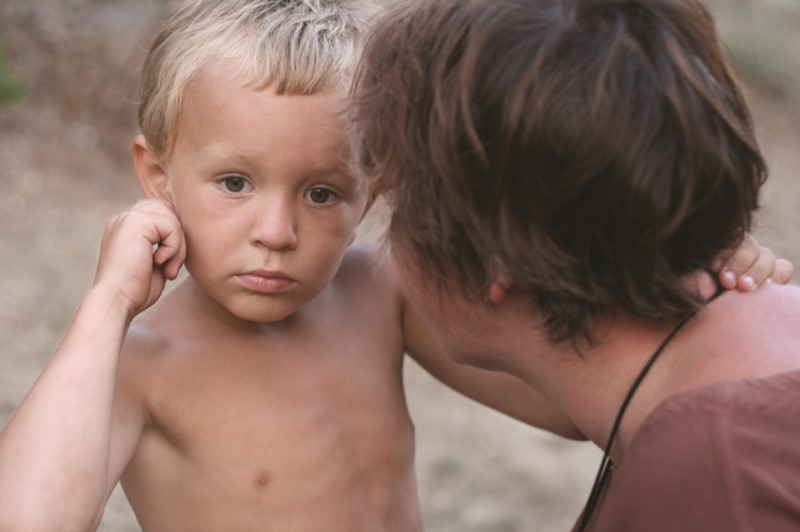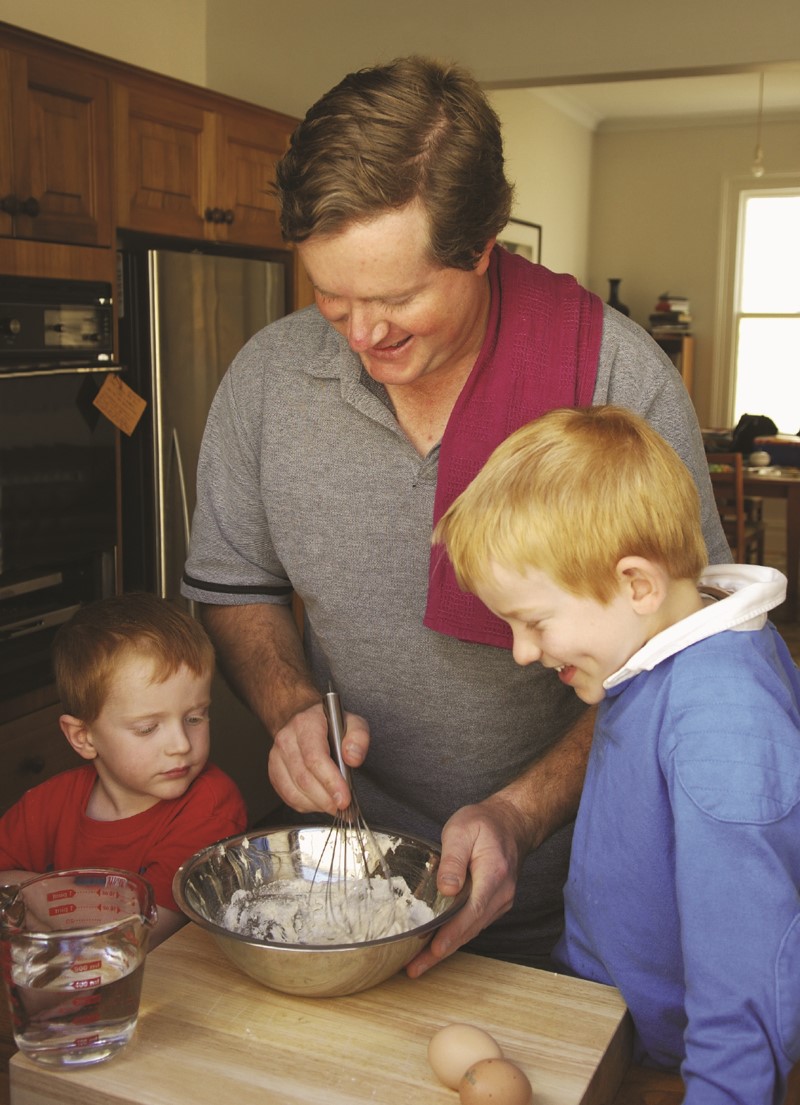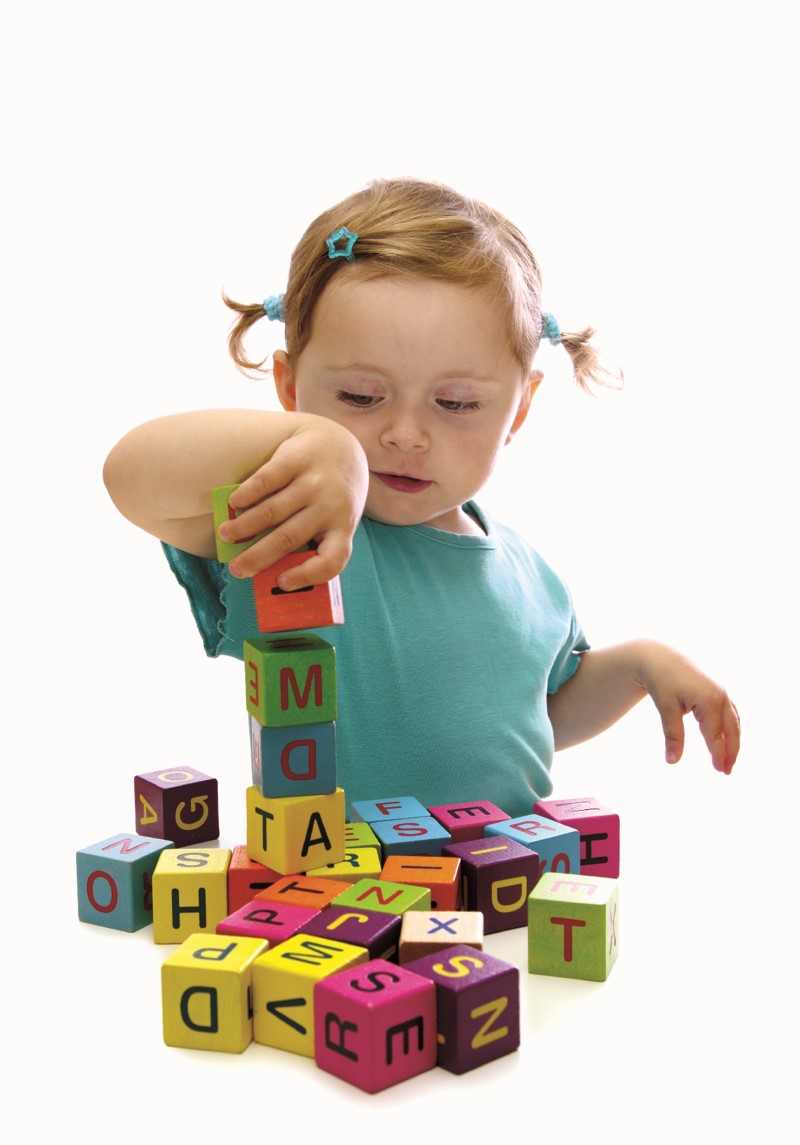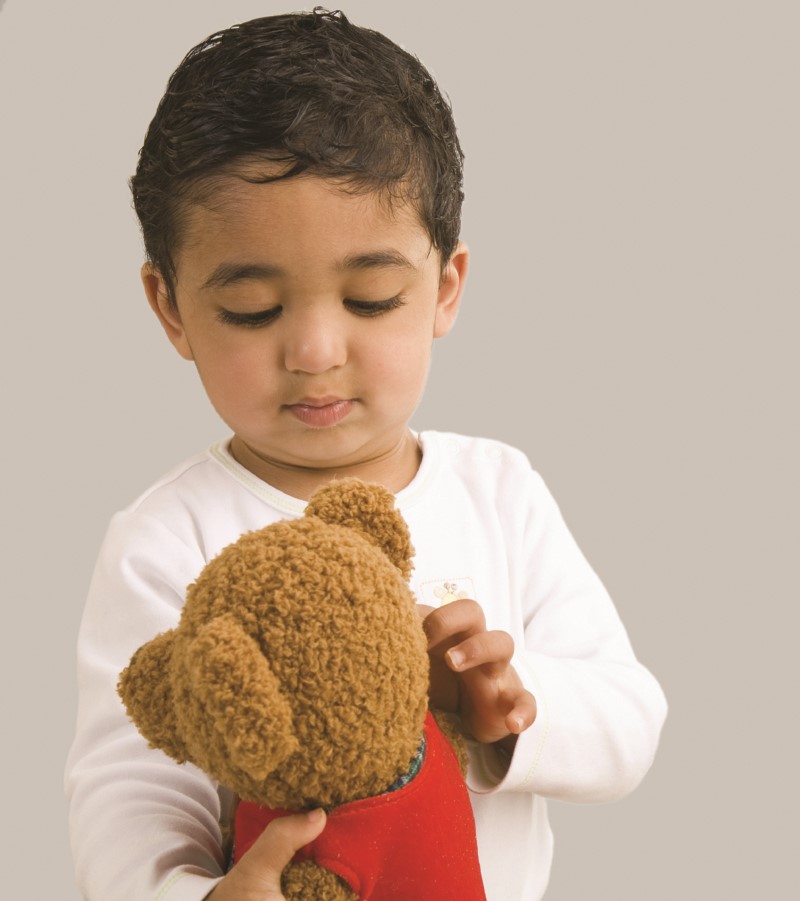
Your child cannot separate fantasy from reality.
- For example, if an adult has a nightmare, he wakes up, shakes his head, gets a drink of water and says to himself, “Boy, I’m glad that was just a nightmare.” Then he goes back to sleep.
- If your child has a nightmare, he thinks that the dream actually happened. He cannot separate the fantasy from the reality.
Your child believes in magic. He sees adults turn a knob, and water flows from a faucet; they flip a switch and light floods the room; buttons are pushed and you hear Grandma’s voice. Since your child does not understand how this happens, he thinks that all of these occur because of the magical powers of adults!
Your child believes everything in the world is alive, especially if it moves, either because someone pushes, pulls or carries it or because it moves by itself. For example, he may talk to the truck as if it were alive. He may become afraid that the curtains fluttering by the open window are monsters and are going to eat him up.
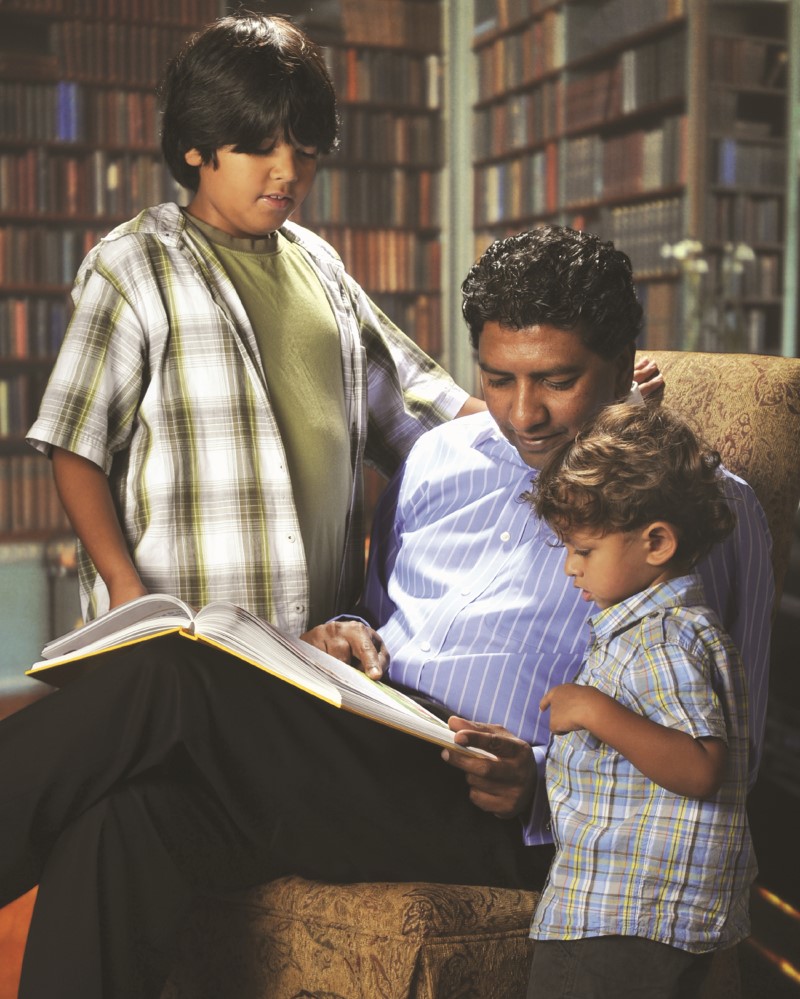
“Read it to me again.” You’ve heard that a lot! If you are tempted to say “No,” remember that it will not be long before that cute preschooler becomes a teenager and will not be asking you to read to her.
Books provide a way to strengthen the bond between you and your child. Most children love the feeling of warmth and security that comes from snuggling up by mom or dad while listening to a story. The physical contact, combined with the familiar sound of the parent’s voice and the lure of a delightful plot, makes a story special.
Besides the pleasure you and your child experience as you cozy up with a favorite book, reading aloud helps your child succeed in school. Preschoolers whose parents read with them at home learn to read more easily when they get to school.
You can encourage your child to read without spending a lot of time or money:
- Let your child see you enjoy reading.
- Read to your child. Books are good —but don’t forget signs, menus, mail, billboards, cereal boxes, recipes, calendars, newspapers, magazines, labels and dozens of other everyday items.
- Use poems. Mother Goose and rhyming songs are great for reading aloud because they have the basic rhythm of language.
- Play word games. For example, say, “I see something brown that barks. What is it? Or, I have a shoe, it’s new. You have a shoe; it is (ask your child what rhymes with shoe (blue).” Play when you’re in the car, cleaning, or eating.
- Write notes to your child.
- Make lists of jobs to do and shopping lists.
- Put happy notes in lunch boxes or on pillows.
- Write, “I love you!” or “See you when I get home!”
- Have a family reading time, and record favorite stories or rhymes for playback. Hearing their own voices played back gives young children confidence and encourages them to speak.
Most parents do not want to spank their children. They often feel bad when they do. Sometimes, however, parents use spanking to express their own anger and frustrations with their children’s behavior.
- A spanking may stop your child for the moment —but it will not stop her from doing the same thing later on. Spanking does not teach what to do. Spanking makes children feel overwhelmed, hurt, angry and humiliated. Often they do not even know why they got a spanking.
- Physical punishment can lead to aggressive behavior later on. Most parents do not want their children to hit or be hit. They do not want their teenage daughter to think that it is okay for her boyfriend to hit her or their teenage son to slap the neighbor’s little boy. Hitting teaches children that people who love you may hit you, and it is okay to hit people smaller than you are.
- Most parents who spank their children do not go to the extreme of physically abusing them. Most physical abuse of children, however, begins as ordinary physical punishment. Parents lose control and children are badly hurt.
Positive discipline —teaching children the right thing to do — works. Punishment does not work.
Outdoor play gives your child fresh air and the chance to use energy by running and jumping. Besides new physical skills, your child will learn how to get along with others. Outdoor play with other children is a great opportunity for your child to learn social skills. Sharing, taking turns, learning to use manners, solving problems and coping with conflict can all be practiced on the playground.
Take your child out to play or for a walk every day —if weather permits.
- Young children enjoy kickball, chasing games, hide and seek, and climbing.
- Your child can help you with safe outdoor chores. If you are gardening, you could purchase child safe gardening tools and let her help you dig and plant. Young children love to help parents. They will learn life skills as they work with you.
